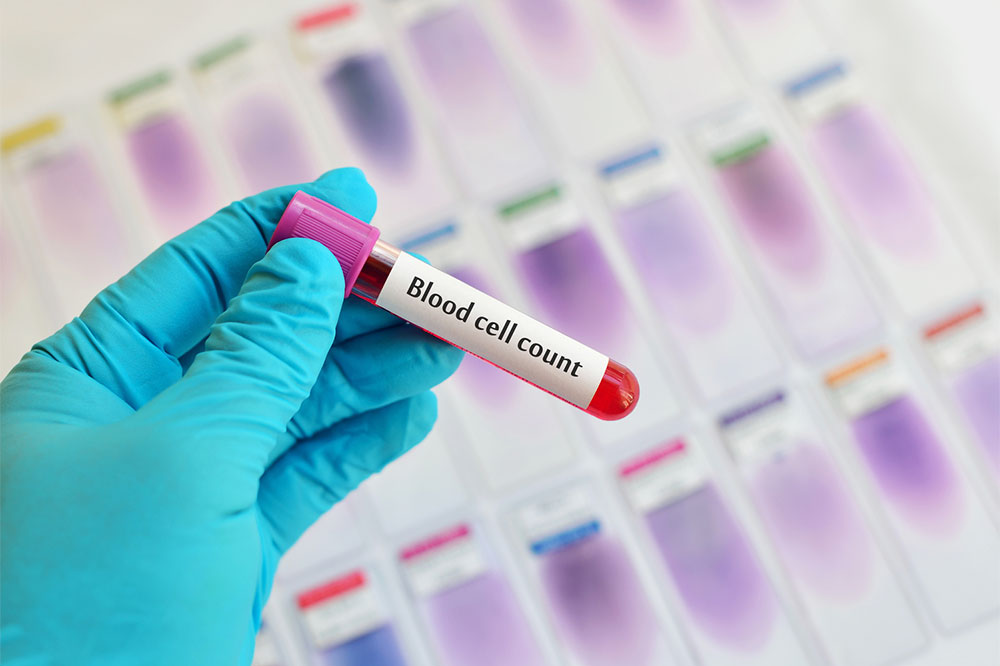Comprehensive Guide to Blood Cell Levels and Their Significance
This comprehensive guide explores blood cell counts, their importance, causes of low levels, symptoms, prevention, and treatment options. Understanding these factors helps maintain overall health and detect potential issues early. Consult healthcare professionals for personalized advice.
Understanding Blood Cell Counts and Their Impact on Health
Blood tests measuring red blood cells, white blood cells, and platelets, along with hemoglobin and hematocrit levels, provide crucial health insights. Over two billion people worldwide suffer from conditions caused by low blood cell counts. This article explores what blood counts are, the symptoms and causes of deficiencies, and preventive measures.
Why Is Blood Cell Counting Important?
Blood counts assist in diagnosing illnesses and monitoring disease progression. The test involves drawing blood via a vein, then analyzing it in a lab to determine cell and component levels. Known as CBC or complete blood count, it is an essential diagnostic tool.

Causes of Low White Blood Cells
White blood cells are produced in the bone marrow, which is located inside larger bones. Common reasons for low white blood cell counts include:
Bone Marrow Disorders
Conditions affecting the marrow, such as exposure to chemicals like benzene or pesticides, chemotherapy, and radiation therapy, can impair white blood cell production.
Autoimmune Issues
Diseases like lupus and rheumatoid arthritis can lead to decreased WBC levels.
Infections
Viruses may suppress bone marrow activity, lowering WBC counts during illness.
Radiation Exposure
Radiation therapy for cancer may cause temporary or prolonged drops in white blood cells.
Signs of Low White Blood Count
Symptoms include:
Fever
Chills
Mouth sores
Cough
Breathing difficulties
Abdominal or rectal pain
Preventing Low White Blood Cells
While direct prevention isn't always possible, basic precautions can reduce risks:
Practice good hygiene, like handwashing
Handle animals carefully, avoiding contact with stray animals
Ensure foods, especially meats and seafood, are properly cooked
Maintain distance from infected individuals
In cases of low white blood cell count, treatment depends on the cause, often involving antibiotics.
Causes of Low Red Blood Cells
Low red blood cell levels, known as anemia, hinder oxygen delivery to body tissues. Iron deficiency is a primary cause, but other factors include:
Vitamin B12 deficiency
Lack of folic acid or poor utilization
Inherited disorders like sickle cell anemia or thalassemia
Rapid red blood cell destruction
Bleeding from ulcers, hemorrhoids, or gastritis
Symptoms of Anemia
Common signs are:
Fatigue
Weakness
Dizziness
Headaches
Irritability
Shortness of breath
Chest pain (severe cases)
Managing Low Red Blood Cell Count
Treatment options include:
Daily oral iron supplements
Blood transfusions
Bone marrow transplants for inherited disorders
Erythropoietin injections to stimulate red blood cell production
Diagnosing Blood Cell Imbalances
Doctors typically order a complete blood count (CBC) to identify abnormal cell levels. Further testing may be needed for underlying issues, with specialist consultation recommended if necessary.
Final Notes
Blood cells are critical for transporting oxygen and nutrients throughout your body. Abnormal levels can lead to health complications. If symptoms arise, consult a healthcare professional for proper diagnosis and management. Remember, symptoms often overlap with other conditions, so professional advice is essential.










